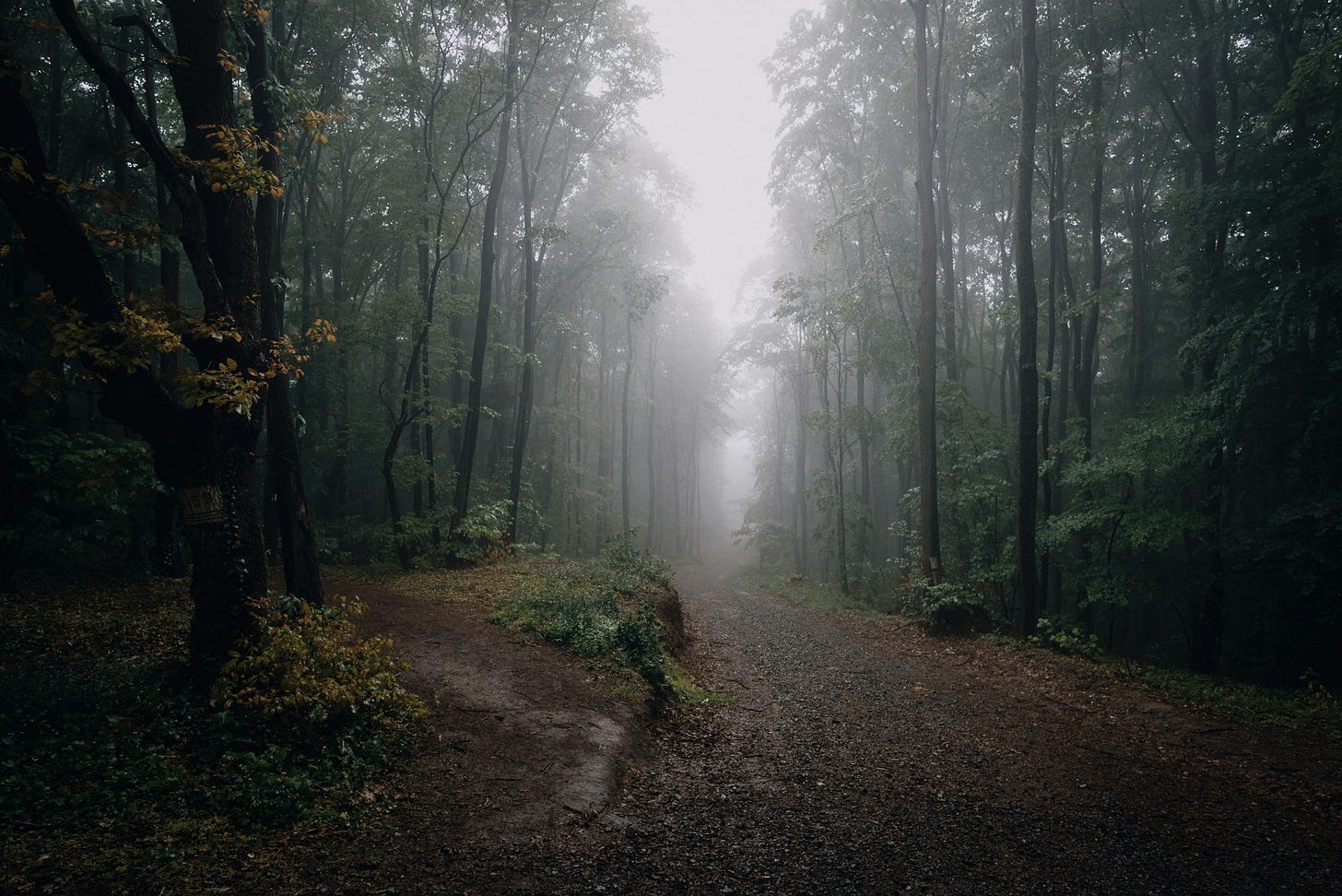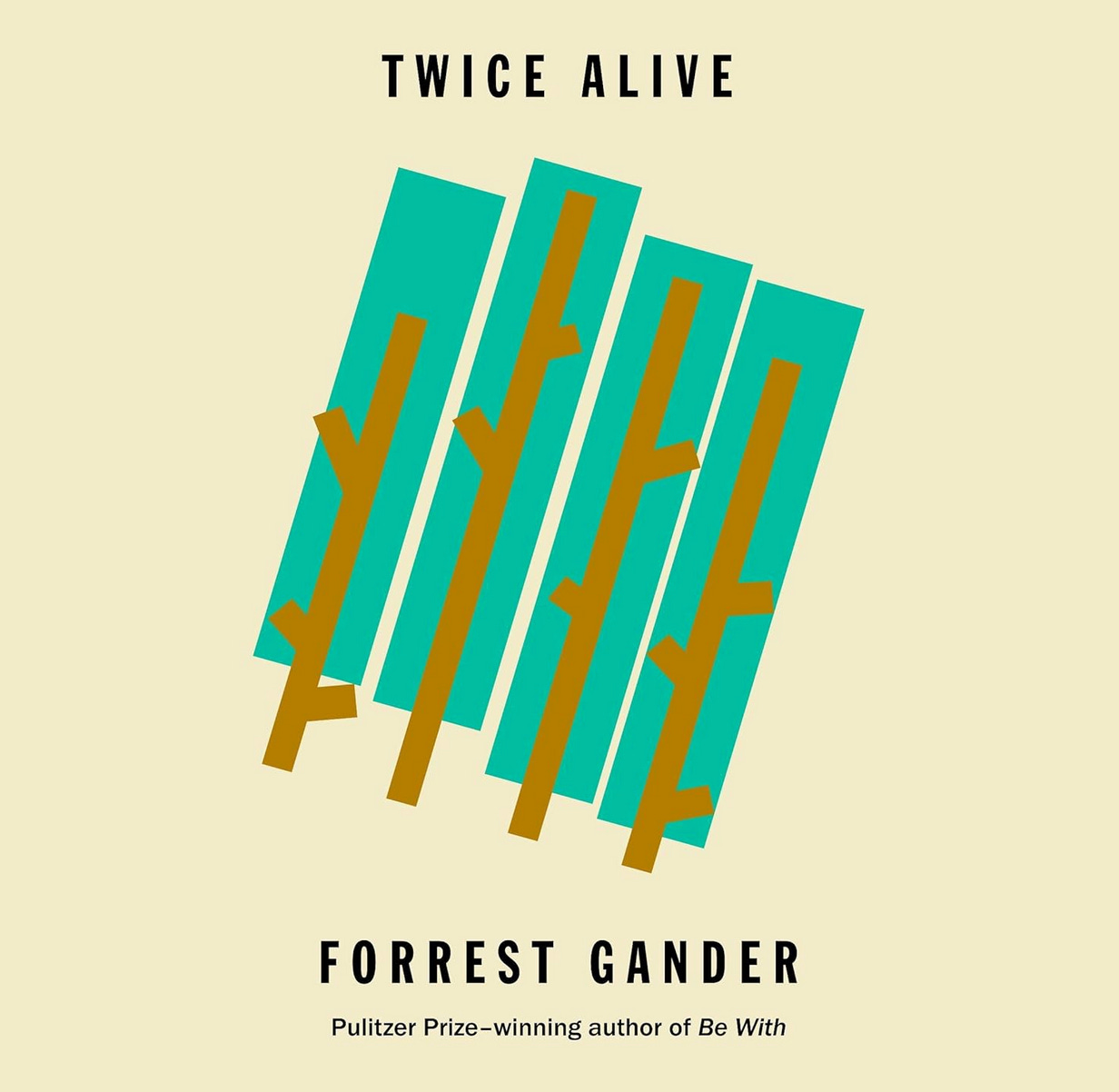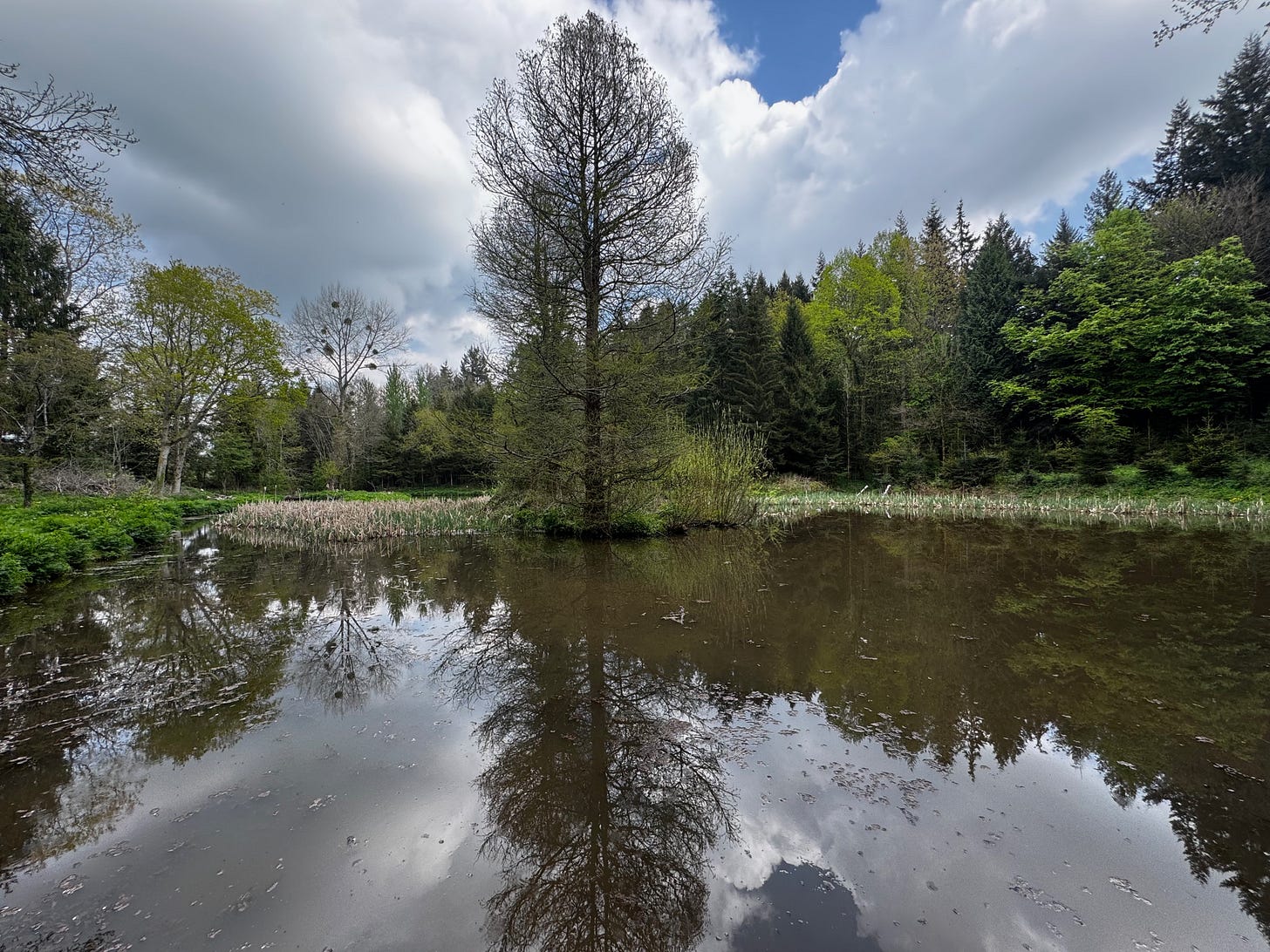The control illusion
Even when everything seems set, the world and everything in it is always in flux
In the days following the earthquake in my life, I felt lost. It was like I'd been reading a brilliant novel and was nearing the climax of the story, only to find the printer had somehow spliced it to another book, written in Lithuanian.
Nothing made any sense. The assumptions I’d made about my life were all wrong. I’d thought I was in control, but now I realised I was just along for the ride. What's more, someone had written a new and totally unfamiliar story for me, one I didn't understand and didn't want to understand.
The house was eerily silent. As I have suggested, this was one of the most difficult aspects of my new situation.
That first morning, the morning after, I woke up and came downstairs. The silence was oppressive and so I put my boots on and left. I didn't have a plan, just a desire to get out of the house. I let my boots guide me, and they took me along a path to the woods and the hills beyond. As I walked, the rhythm of foot on ground calmed me. Slowly, birdsong in the trees became more present. I felt a breeze on my face, noticed the trees newly in leaf, the vibrant green that had suddenly squeezed into existence.
The only choice I made was lacing my boots and opening the door. Whether I turned left or right was unimportant, I released the urge to plan. I didn’t know if I would be gone for an hour or an entire day, and I didn’t care.
This was the first day of a new habit. Every morning, whatever the weather, I set off for the hills. Over days and then weeks, the hurt I carried each day began quietly to discharge. The pain was still there, and each day I woke with the same ache, but I found I could bear it if I took myself outside under an open sky.
Thinking ahead made no sense anymore. All I could do was walk into the day and see where it lead.
Reflections and eclipses
There were two ways my walking practice rescued me.
The first was loosening any attempt to control. Yes, it was up to me if I went outside and walked. But, with no one at home, I could walk as long as I needed. Clock time, that sometimes invasive time associated with deadlines, responsibilities, and commitments suddenly had less power.
Time changed. The future I assumed was mine lost, like the lights of a boat at sea suddenly gone dark. Had the boat sunk, or just sailed round an obscure headland? I didn't know. Time drastically truncated, the future made sense now only in minutes or hours, not years.
Walking in nature also connected me to my childhood. Growing up in the sixties was to live in a different age, one without mobile phones, much less traffic on the roads, more abundant nature. As a child, I left home after breakfast, met my friends and simply disappeared from the adult world. The smell of mud on my hands, the must of fallen leaves, the dank wood’s green shade.
I wasn't living in the past as I walked. Rather I seemed to have joined an earlier self. From the perspective of this other self, the future remained wide open. Here was an old friend returned from decades in another land. Together, in companionable silence, we experienced the landscape anew.
This was a journey back to who I am. The child that turned into the man, a man who had reached a fork in the path, uncertain which way to turn. A man who had travelled a long way since he’d been the boy.
When so much of my identity, my happiness had become entwined with the person I loved deeply, it was as if I’d been subsumed, integrated into the idea of us. Like a partial eclipse of the sun. Behind the moon, the woman I loved, my corona still burned, the flares and fires of the person I was pior to falling in love.
But now there was no moon, no second, more beautiful world to gaze on. Everything instead lit by just the stark and unforgiving light of who I’d become. Like the sun, its core was impossible to penetrate.
What made this brilliant fire burn? What intense energy ensured its daily rise and fall? I no longer knew, but each morning still came, welcome or not.
Nature in my nature
The second lesson was the discovery, nature is in my nature.
I love the work of Forrest Gander, the poet, and one collection became a reference point for me, a source of strength. Gander wrote Twice Alive in the shade of the death of his much cherished wife, C.D. Wright.
Gander’s collection responds to an ancient poetic tradition, the poetics of the Sangam poets. We classify early Tamil poetry, known as Sangam (300 BCE - 300 CE), into interior (Akam) and exterior (Puram) themes. Gander chose Akam as a framework for his collection, based as it is on personal emotions and love.
What spoke to me was learning how the Sangam poets believed the poet was always engaged in an intimate exchange with the landscape. The various forms of landscape (sea, forest, wilderness, mountains) to the Sangam poets had their own unique characters. The poet was not merely a passive observer of the landscape, but responsive to it. In turn the landscape reflected the poet’s interior landscape.
As usual, I set off on a walk one day, allowing my feet to lead the way. Absorbed in Twice Alive, I thought I would open myself to the landscape, to see if there was anything the wood might share with me.
I admit I was lost in my thoughts that day. When I came to, I found I was also lost in the wood. I had no idea where I was or how I had got there. It was getting late, so I made my way downhill and came to a clearing. There in front of me I could see a small lake. I walked to the shore and noticed in the middle of the lake was an island. On the island, a lone larch stood tall.
I was stunned. The wood led me here, to this solitary tree, isolated on an island, lost in the wood. Deep within me, and then all around me, I felt something swelling, a powerful sense of infinite goodwill, the feeling of belonging, an idea of home.
The wood seemed to recognise me, as though it had chosen to reflect in this clearing, a version of my suffering. As I looked at the larch, I noticed it grew strongly, and was in its prime. The wood surrounded this lone larch. I realised the tree wasn't really alone. I imagined roots under the lake spreading out, winding into the fabric of the forest beyond. I burst into tears with a mixture of relief and gratitude.
From that day on, my walks became more intentional. My walking now involves listening for the whispering of landscape.
Sol-ar, Sol-itude, Sol-ace
Nature is various, never a single thing, many things.
And yet, nature has the power to heal, to allow you to see yourself and all your troubles as they are, and then as part of a larger whole. After my time here on earth, the wood will carry on being the wood. The sky will empty of rain, the sun will rise and set.
It is in my nature to find comfort in the rhythm of my feet touching a path in the woods, to witness the regular arc of a day, the sun’s rise and fall. It helps me to move beyond solitude, to be at one with the natural world.





